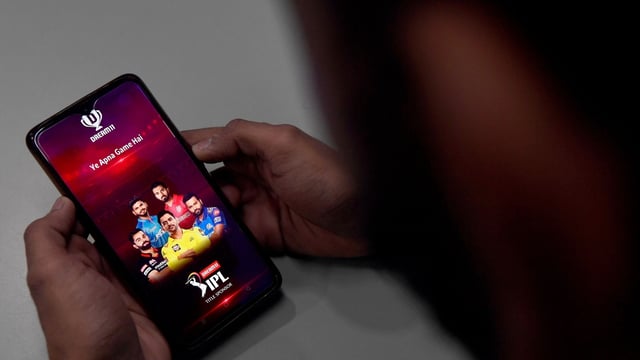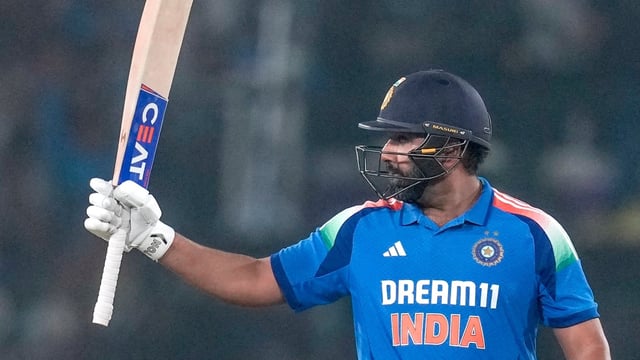Overview
- Parliament’s Promotion and Regulation of Online Gaming Act, 2025 took effect with presidential assent on Aug. 22, outlawing online money games, advertising and payment facilitation, and setting criminal penalties and fines.
- Major operators including Dream11, RummyCulture (Gameskraft), MPL, Zupee and PokerBaazi halted cash contests and deposits, assuring users that balances remain safe and withdrawals are available.
- Dream Sports CEO Harsh Jain says about 95% of group revenue and all profits vanished overnight, yet the company plans no layoffs as it shifts to ad-supported products and sports AI.
- The BCCI confirmed Dream11 exited its Rs 358 crore jersey sponsorship, while reports estimate Indian cricketers could lose Rs 150–200 crore a year in endorsements and advertisers may cut Rs 8,000–10,000 crore from annual spending tied to real-money gaming.
- Gameskraft said it will not challenge the law and is coordinating withdrawals and compliance, mirroring Dream Sports’ stance, as analysts warn the blanket ban may drive users to offshore illegal platforms.


